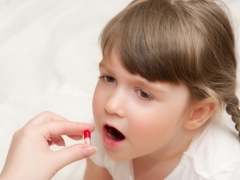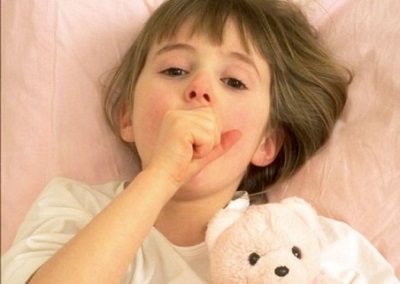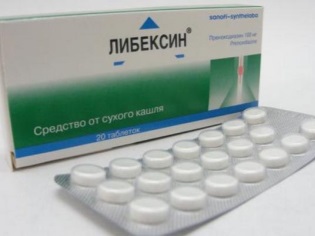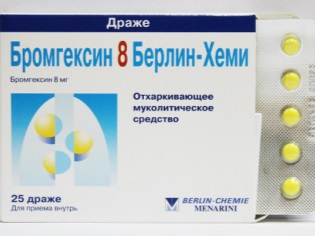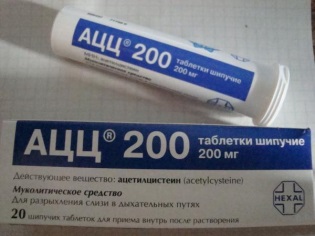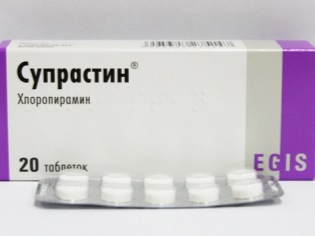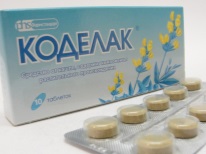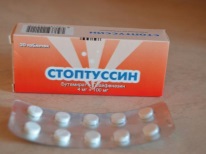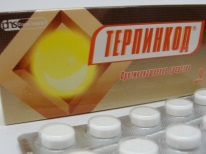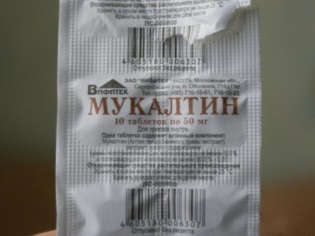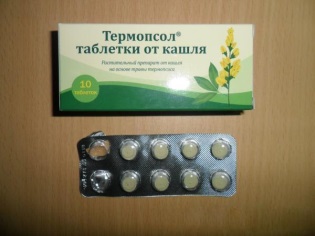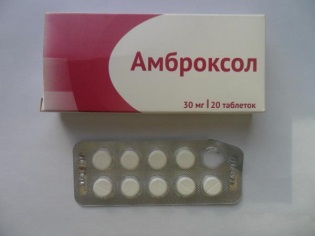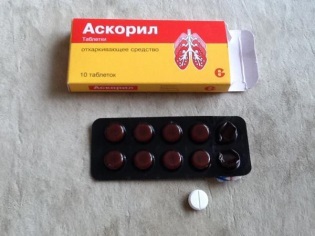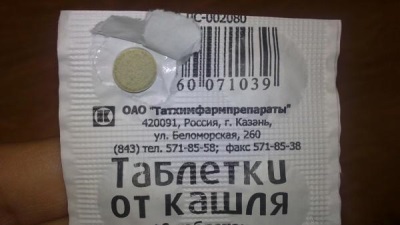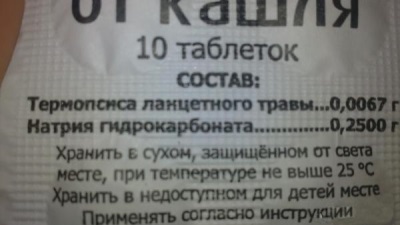Cough tablets for kids
Cough is a defensive reaction and often appears in healthy children, but when it is a symptom of a disease, the cough starts to torture the child and requires treatment. Among the drugs prescribed for coughing, syrups and mixtures are in the lead, but there are also medicines in the form of tablets.
Operating principle
Depending on the effect on the children's body, cough pills are:
- Protiscale. They affect the brain, in particular - the cough center, inhibiting its activity. Such tablets can have a narcotic effect (these drugs are used in children extremely rarely and are not sold without a prescription) and non-narcotic (such medicines are taken after consulting a doctor, they are not addictive).
- Expectorants. Medicines in this group increase the cough, helping to quickly rid the child of the body of excess sputum, bacteria and viruses. It can be tablets with thermopsis, althea and other plant components that have expectorant effects.
- Mucolytics. Such drugs affect the sputum itself, as a result of which it becomes liquefied and coughs better for a sick child.
- Antihistamine. Tablets of this group are prescribed in situations where the cause of cough is associated with allergies. Selection of a suitable tool is better to entrust the doctor.
Review of effective pills
Since different groups of drugs in the form of tablets are used in the treatment of cough, it is important to consult a doctor before taking them. The pediatrician will examine the baby, determine the cause of the cough and its appearance, and then prescribe treatment based on age, because a child of 7 years old can be prescribed only drugs, for younger children the list of drugs is reduced, and for older children it is expanding. Consider the most effective cough pills.
With dry cough
If a child is tormented by attacks of dry cough, he may be prescribed such tablet preparations:
- Codelac. Antitussive drug that reduces the excitability of the cough center and facilitates expectoration of sputum. It includes thermopsis, licorice, sodium bicarbonate and codeine. Appointed from 2 years.
- Libexin. The drug against cough with a peripheral action, which reduces the sensitivity of the receptors in the airways and expands the bronchi. At children's age it is appointed with care and taking into account the body weight of the child.
- Terpinkod. A tool that combines terpinghydrate, codeine and sodium bicarbonate. Such a medicine has an antitussive effect and an expectorant effect. Discharged for children over 12 years.
- Stoptussin. Antitussive medication that reduces the excitability of bronchial receptors and activates the production of mucus. Appointed from 12 years.
- Omnitus. The drug against cough with a central action, as well as moderate anti-inflammatory and bronchodilator effect. Tablets with 20 mg of active ingredient are discharged from 6 years.
- Tusupreks. The drug affects the cough center without a narcotic effect. It is prescribed in exceptional cases for children from the age of two.
Wet cough
If the baby’s cough has become productive, the doctor will recommend mucolytics and expectorant drugs, for example:
- Mukaltin. The main substance of such tablets is represented by an extract from Althea, which is supplemented with sodium bicarbonate. The drug has an expectorant, enveloping and anti-inflammatory effect. It is appointed from 3 years, at the same time it is crushed to small children in a powder, and then mixes up with water.
- Thermopsol. Means containing thermopsis herb and sodium bicarbonate. Reflexively affects the bronchi, stimulating sputum production and expectoration. The dosage for different ages is selected by the doctor.
- Ambroxol. This drug has a mucolytic effect. Tablet form is prescribed to children from 12 years.
- Bromhexine. This medicine has both expectorant and mucolytic effects. Appointed from 3 years.
- Lasolvan, Ambrobene and Flamed. These drugs contain Ambroxol, so the funds are referred to as mucolytics. Such tablets are discharged from the age of 12.
- Ascoril. Combined drug with bronchodilator, mucolytic and expectorant effects. Appointed from 6 years.
- Pectusin. The basis of this drug contains eucalyptus oil and menthol, so this drug has a distracting, antitussive and anti-inflammatory effect. Children appointed from 7 years.
Popular drug "cough pills for children"
Such a medicine based on thermopsis has long been used against coughing and has been claimed due to its low price.
Composition
The main active ingredient of the drug is thermopsis grass. It is supplemented with sodium bicarbonate, as well as with auxiliary components such as talc and potato starch.
Dosage
The drug is prescribed to children over 12 years of age in half a tablet or a tablet at one time.
Instructions for use
The frequency of taking cough pills is 3 times a day, and the duration of use - 3-5 days. The tablet must be swallowed and washed down with a small amount of water.
Tips for treating various cough pills:
- During the treatment of cough, it is important to give the baby more warm drinks and to moisten the air in the room. Such measures additionally soften sputum and help make the cough wet.
- The simultaneous use of antitussive drugs with drugs that have mucolytic or expectorant effects is prohibited. This can worsen the condition of the coughing baby, causing serious complications in the respiratory system.
- If you are trying to cure a cough yourself, but the child’s condition does not improve within two to three days, be sure to show the crumbs to the doctor. You also need to urgently call a doctor if you experience nighttime attacks of barking cough, breathing problems, high fever, pus or blood in the sputum.
